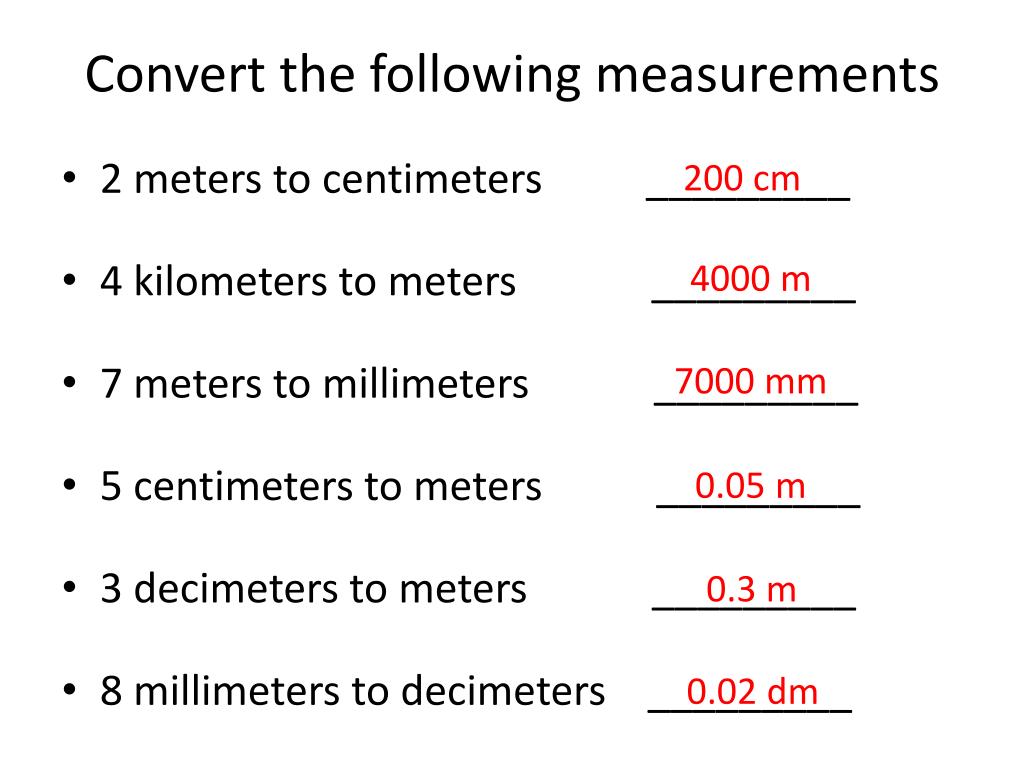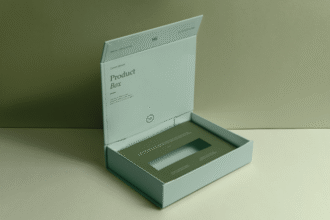Let me start by saying this—if you’ve ever been confused about converting meters to kilometers, you’re not alone. Whether you’re a student, a runner tracking your route, or just someone working on a quick school assignment, these conversions can feel tricky at first. But once you understand the logic behind it, it becomes second nature.
In this guide, I’ll walk you through everything I’ve learned about measurement converting meters to kilometers—without the fluff, without the robotic language. Just real words, from one person to another.
Why This Conversion Matters More Than You Think
You might think, “It’s just meters to kilometers, why make a big deal?” Well, I used to think the same. But the truth is, understanding this conversion helps in everyday life more than we realize.
Imagine measuring distances while driving, running, hiking, or even when planning logistics. Most navigation systems and fitness apps use kilometers, while many people still measure shorter distances in meters. Bridging that gap is key to staying accurate and on track.
What’s the Difference Between a Meter and a Kilometer?
Let’s break this down without getting too technical.
- 1 kilometer = 1,000 meters
- A meter is much shorter—think of it like a big step or the length of a dining table.
- A kilometer is a longer stretch, like walking around a small neighborhood block.
So when you’re converting from meters to kilometers, you’re just dividing the number by 1,000. That’s it.
Here’s How You Can Convert Meters to Kilometers (The Easy Way)
Now, let’s talk about the actual process.
Basic Formula:
Kilometers = Meters ÷ 1,000
And here’s what that looks like in action:
- 500 meters → 500 ÷ 1,000 = 0.5 kilometers
- 2,000 meters → 2,000 ÷ 1,000 = 2 kilometers
- 10,000 meters → 10,000 ÷ 1,000 = 10 kilometers
You don’t need a fancy calculator for this. Just move the decimal point three places to the left.
Quick Conversion Table (Meters to Kilometers)
To make your life even easier, here’s a small table you can quickly refer to:
| Meters | Kilometers |
|---|---|
| 100 | 0.1 km |
| 500 | 0.5 km |
| 1,000 | 1 km |
| 2,500 | 2.5 km |
| 5,000 | 5 km |
| 10,000 | 10 km |
Keep this list handy when you’re on the go, especially if you’re involved in physical activity, mapping, or logistics.
When Do You Use Meters vs. Kilometers?
There’s no one-size-fits-all answer, but here’s how I handle it:
- Use meters when the distance is short, like walking inside a building or measuring furniture space.
- Use kilometers when the distance covers roads, parks, or cities.
A simple way to remember this is: If it takes more than a couple of minutes to walk it, use kilometers.
Real-Life Example: A Day in My Life Using This Conversion
Let me share a personal moment. A few weeks ago, I was setting up a new jogging route using a fitness app. It told me the park trail was 4,800 meters. At first glance, that number felt big and confusing.
But when I converted it to kilometers (4,800 ÷ 1,000 = 4.8 km), I understood exactly what to expect. I finished that jog feeling confident, and it made me realize how important this little skill is.
Why I Trust Online Measurement Converters
Sometimes, I’m in a hurry. I don’t want to do mental math. That’s when I use tools like the Whatever Converter on our website. It gives instant and accurate results.
You just type in the number of meters, hit convert, and it shows you the kilometers—simple as that. You don’t even need to remember the formula. It’s helpful for parents helping kids with homework, professionals working in engineering, or anyone trying to understand a map.
Tips to Remember the Conversion Easily
To make this easier long-term, here are a few tricks I use:
1. Visualize It
Picture a meter as a single step and a kilometer as a long walk. It helps build mental associations.
2. Bookmark a Converter
I’ve bookmarked Whatever Converter on my phone browser. That way, I don’t need to search every time.
3. Practice Daily
Whenever I see distances in meters, I mentally convert them just for fun. It sounds silly, but it’s made me super fast at it!
Meters to Kilometers in Different Fields
Let’s take a look at how different professions use this conversion:
Fitness & Sports
Athletes often track distances in kilometers, especially in marathons. Coaches plan drills in meters. Knowing both helps performance tracking.
Engineering
Construction projects rely heavily on meter measurements. But when estimating road lengths or city layouts, kilometers take over.
Travel & Navigation
Maps, car dashboards, and GPS systems use kilometers. But trail signs, swimming pools, and indoor guides prefer meters.
The more you deal with measurements in different environments, the more fluent you become.
Why Accurate Conversions Matter
Being off by even a few meters can make a big difference. Just imagine misjudging a race distance or underestimating a delivery timeline. That’s why accurate, instant conversions—either by formula or using tools like Whatever Converter—are essential.
Let’s Wrap It Up
So, converting meters to kilometers isn’t rocket science—it’s about confidence and repetition. Start using it in your daily life, and soon it’ll feel natural. Trust me, once you get it, you won’t need to Google it every time.
Whether you’re trying to stay fit, navigate new places, or finish a school assignment, mastering this basic conversion gives you a small but powerful advantage.
And if you’re ever unsure? Just remember, we’ve built Whatever Converter to help you get the answers you need instantly, accurately, fast, and human-friendly.




